Do signs point to an emerging Israel-Saudi normalization deal?
In recent months, Saudis have taken to social media — which is tightly controlled in the kingdom — to express their support for peace
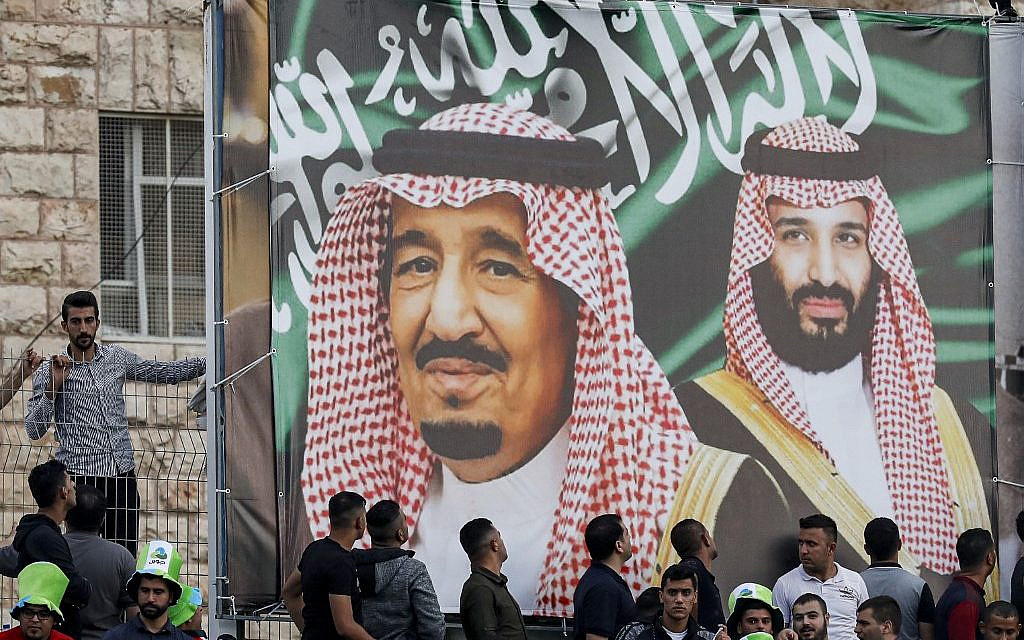
RIYADH, Saudi Arabia — The United States has hinted that more Arab nations could take steps to improve ties with Israel, ahead of President Joe Biden’s trip to the Middle East.
All eyes are on Saudi Arabia, which Biden will visit in mid-July, after he once vowed to treat the kingdom as a “pariah” state over the 2018 murder and dismemberment of Saudi journalist Jamal Khashoggi.
However, despite the recent signs of a US-Saudi rapprochement, analysts say it is improbable that Riyadh will agree to diplomatic ties with Israel — at least, not during Biden’s visit or while King Salman, 86, still reigns.
The king’s official policy is that there should be no peace with Israel until it withdraws from the West Bank and East Jerusalem and accepts Palestinian statehood.
Biden’s visit will likely focus on convincing the world’s biggest crude exporter to boost its oil output.
Following are some questions and answers about the possibility of a normalization deal between Saudi Arabia and Israel.
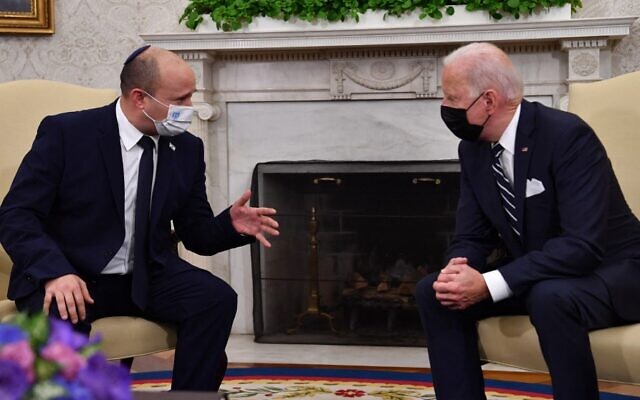
What are the signs?
Saudi’s de facto ruler Crown Prince Mohammed bin Salman said that Israel was a “potential ally, with many interests that we can pursue together,” state media reported in March, attributing the statement to an interview with The Atlantic.
Additionally, the kingdom never showed any opposition when its regional ally, the United Arab Emirates, established diplomatic ties with Israel in 2020, followed by Bahrain and Morocco, under the US-brokered Abraham Accords.
In January 2021, Sudan’s transitional government also agreed to do so but the northeast African country has yet to finalize the deal.
Saudi Arabia also at the time allowed direct flights from the Emirates to Israel to travel through its airspace, in another implicit sign of approval.
Biden, who will also visit Israel, is to travel directly from the Jewish state to Saudi Arabia, becoming the first US president to fly from there to an Arab nation that does not recognize Israel.
In 2017, his predecessor Donald Trump made the journey in reverse.
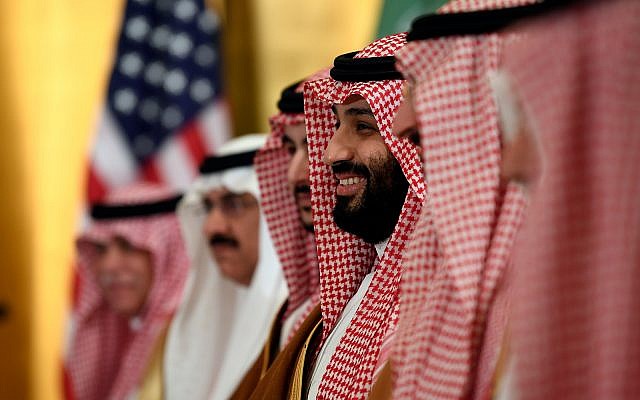
In recent months, Saudis have taken to social media — which is tightly controlled in the kingdom — to express their support for normalization, which would be a shift from the kingdom’s long-standing pan-Arab policy to isolate Israel until the conflict with the Palestinians is resolved.
Esawi Frej, Israel’s minister of regional cooperation, told Saudi newspaper Arab News earlier in June that Riyadh would be “central” to any solution to the Israeli-Palestinian conflict.
The Axios news website reported, also this month, that the United States was working on a “road map” for normalization between Israel and Saudi Arabia, while The Wall Street Journal said the region’s two most influential nations were engaging in secret economic and security talks.
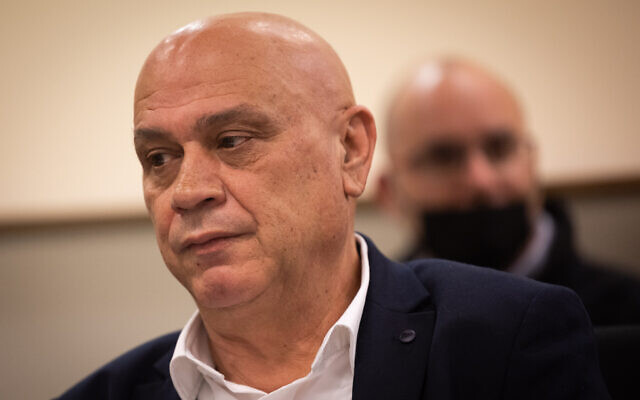
In both countries’ interests?
Yasmine Farouk of the Carnegie Endowment for International Peace said a relationship with Israel will contribute to greater acceptance of Saudi Arabia.
“It will open doors for the crown prince, with Western people and parliaments accepting the kingdom, and granting Saudi Arabia a greater role,” she said.
“It will make a change, whether just in regards to the image of Saudi Arabia… especially since (Prince Mohammed) sees it as a global power, not just an Arab and Islamic one.”
She said that Israel would want normalization “because not only will it open the door to Saudi Arabia, but to other (Arab and Muslim) countries that may already engage in secret discussions with Israel but don’t dare normalize yet.”
The two countries share a common enemy in Iran, said a Riyadh-based diplomat who spoke on condition of anonymity.
“They are looking at it in the sense of ‘the enemy of my enemy is my friend’,” he said.
Two Saudi officials contacted by AFP refused to comment due to the “sensitivity” of the issue.
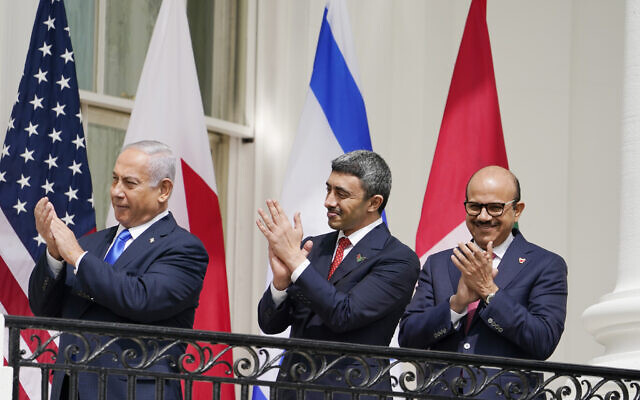
Is it the right time?
Dan Shapiro, who served as former US president Barack Obama’s ambassador to Israel, told AFP he expects Biden’s trip can produce “some important steps” towards Saudi diplomatic recognition of Israel, “probably not full normalization, but a road map that leads in that direction.”
But “not now,” said Farouk. “It’s difficult as long as King Salman is alive.
“The word ‘normalization’ should be used more cautiously… There might be some forms of relations but going as far as the Emirates and Bahrain, I’m still a bit skeptical.”
Kristian Ulrichsen of Rice University’s Baker Institute said full diplomatic ties are likely only when Prince Mohammed becomes king.
“In the meantime, we are likely to see a continuation of the current approach of normalizing the idea that Saudi Arabia and Israel are not enemies but share certain regional and geopolitical interests,” he told AFP.
There's no paywall on The Times of Israel, but the journalism we do is costly. As an independent news organization, we are in no way influenced by political or business interests. We rely on readers like you to support our fact-based coverage of Israel and the Jewish world. If you appreciate the integrity of this type of journalism, please join the ToI Community.

We’re really pleased that you’ve read X Times of Israel articles in the past month.
That’s why we started the Times of Israel eleven years ago - to provide discerning readers like you with must-read coverage of Israel and the Jewish world.
So now we have a request. Unlike other news outlets, we haven’t put up a paywall. But as the journalism we do is costly, we invite readers for whom The Times of Israel has become important to help support our work by joining The Times of Israel Community.
For as little as $6 a month you can help support our quality journalism while enjoying The Times of Israel AD-FREE, as well as accessing exclusive content available only to Times of Israel Community members.
Thank you,
David Horovitz, Founding Editor of The Times of Israel








